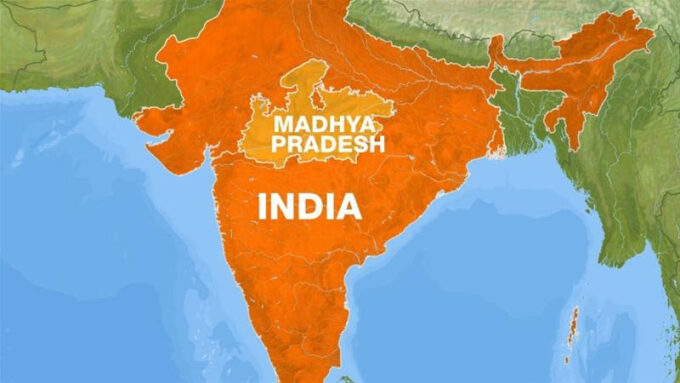The United Nations Children’s Fund (UNICEF) Chief of Field Office, Enugu, Mrs. Juliet Chiluwe, has raised alarm over low breastfeeding rates in Benue State, reports Business Today NG.
Juliet Chiluwe, who made the disclosure during the flag-off of the 2025 World Breastfeeding Week in Benue State, called for coordinated action to strengthen support systems for lactating mothers.
While stressing support for breastfeeding mothers in health facilities, communities, and workplaces, Chiluwe described breastfeeding as a child’s first vaccine and a vital right enshrined in the Convention on the Rights of the Child.
According to her, although over 90 percent of Nigerian mothers breastfeed their babies, only 47 percent in Benue initiate breastfeeding within the first hour of birth, and just 56.7percent practice exclusive breastfeeding for six months – figures that fall below national and global targets while only 37.6 percent continue breastfeeding up to two years.
“These figures are not a reflection of mothers’ unwillingness but of systemic failure to provide the necessary time, space, and support. We cannot counsel a mother to breastfeed and then give her no support and expect miracles,” she said.
Chiluwe urged the government and stakeholders to invest in training frontline and community health workers, enforce maternity leave policies, establish workplace lactation spaces, and strictly monitor the marketing of breast milk substitutes.
She aqdded that breastfeeding is not just a maternal issue but a smart investment in human capital development and a shared national responsibility, adding that UNICEF, remains committed to working with the Benue State Government to ensure every child receives a strong start through breastfeeding.
Earlier, the Executive Secretary of the Benue State Primary Health Care Board, Mrs. Ashi Wende, noted the need to recognise breastfeeding as a powerful foundation for lifelong health, development, and equity.
Wende said this year’s theme, “Prioritise Breastfeeding: Creating Sustainable Support Systems,” aligns with the state’s commitment to improving the health and well-being of the Benue people, especially mothers and children.
She also acknowledged the unique challenges faced by mothers in IDP camps, especially in caring for their infants, adding that despite the hardships, breastfeeding remains a vital part of infant and young child feeding which offers health benefits to both mothers and their babies.













